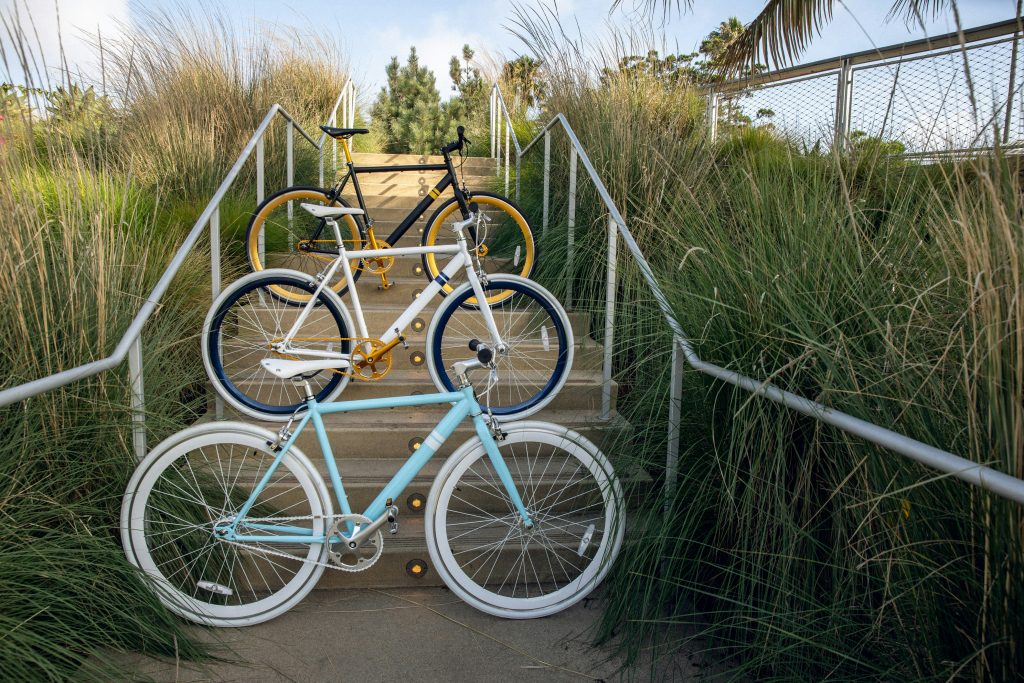Cyclists’ Carbon Footprint is a Topic Often Swept Under the Rug
The international circuit in professional cycling is a celebration of the greatest athletes battling it out for an entire season, across many regions, nations and continents.
And while this will always be the case as with many sports, the discussion surrounding its impact on the environment is often overlooked. While the competitive aspect of racing is in itself very forgiving on the environment due to the man-powered nature of a bike, the external factors such as travel and transportation all culminate in a significant carbon footprint. Often, the current conversation surrounding bikes is in relation to their existence as a zero emission method of transport, but competitive cycling is entirely different.
Michael Woods, the Israel Start-Up Nation team member, earlier this year pledged to go carbon neutral and has done so successfully up to this point. With the COP26 climate change conference dominating current affairs, the Canadian is back in the news.

After calculating that his carbon footprint amounted to 60 tons of CO2 in 2019 , roughly three times that of the average person in his region, Woods said in a recent interview with Cycling News “I carbon offset for all my races. I use a site called Gold Standard to find charitable organisations that help that. They help me offset my carbon footprint because it’s quite large as a racer.
“That’s actually my last resort; in my daily life I’m also trying to reduce my carbon footprint as much as possible. I think my lifestyle was pretty good but now I’m reducing new things; I’m eating less meat and buying locally.”
He then went on to speak about his own mission on social media platforms to persuade professionals and the wider community to be environmentally conscious. A number of teams have also started to take action and accept their responsibility for the environment.
“I want people in pro cycling to be more environmentally conscious. Then they can vote based on their beliefs. When they vote with the environment in mind, that’s when real policy change happens and we can improve things. We’ve all got to do what we can.
“I’ve been talking to the UCI and to Israel Start-Up Nation to reduce our carbon footprint. For example, the team is going to change its fleet of team cars for next year. We’re going to have two electric vehicles and the rest will be plug-in hybrid electric, which will reduce our carbon footprint.
“We’re also talking to other sponsors and our clothing maker Jinga to find ways we can reduce the plastic packaging and shipping. I’ve always been disillusioned by how much we pollute as cyclists. We get so much product from sponsors at the start of the new season and it’s all wrapped in plastic and shipped to us. That has to change.”
Particularly with the conversation surrounding climate change and the environment intensifying as of late, it is refreshing to see these kinds of changes starting to be implemented in a sport where carbon footprint’s are often overlooked.






























